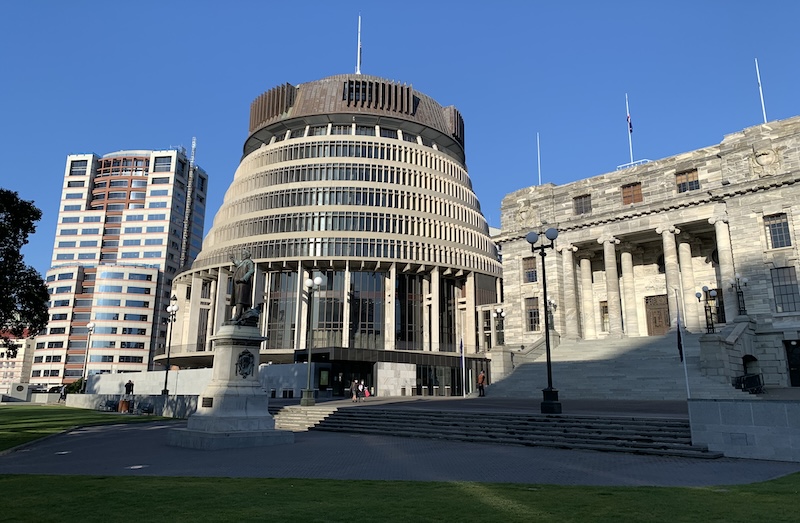Bally’s filed its application with the Illinois Gaming Board on Wednesday, taking a major step in the process to build Chicago’s first casino and the flagship property for its fast-growing company.
The application is expected to be posted online Thursday morning, gaming board spokesman Joe Miller said.
The clock is now running for the publicly traded Rhode Island-based company to win license approval from the state, finalize its proposal with the city’s planning department and get its casino opened on an ambitious timeline.
If all goes well, Chicago gamblers could be splitting aces and pulling slot levers in temporary quarters by next summer, but several hurdles remain.
The Bally’s proposal to build a $1.74 billion casino complex in River West is expected to generate $200 million in annual tax revenue for the city, transform a 30-acre industrial site into a bustling entertainment destination and send the Chicago Tribune packing from its Freedom Center printing plant along the Chicago River.
While the permanent casino is not expected to open before 2026, Bally’s plans to launch a temporary casino at Medinah Temple by June 2023. That may require an accelerated process at the gaming board.
The state allows casinos to operate in a temporary facility for up to two years, with the ability to apply for an additional 12-month extension, before opening a permanent location. It took the most recent licensee — Hard Rock Casino Rockford — 16 months to get preliminary approval from the board and two years to open a temporary casino.
Beyond logistical issues, there has been some pushback to using the 110-year-old Medinah Temple, which was designated a Chicago landmark in 2001, as a temporary casino.
Preservation Futures, a Chicago-based historic preservation firm, sent a letter to the Commission on Chicago Landmarks asking it to reject the adaptive reuse of Medinah Temple as “inappropriate” and not “harmonious” with the public benefit of preservation.
On Aug. 5, the commission issued conditional approval for the plan, saying it “would not have an adverse effect” on the landmark property.
At a presentation for the commission’s permit review committee, Joyen Vakil, senior vice president of design and development for Bally’s, said company officials “love, respect, cherish and absolutely want to make sure we keep the sanctity of (Medinah’s) historic nature.”
According to the presentation, Bally’s plans call for replacing the former Bloomingdale’s signs with their own outside, adding multiple cameras at entrances and within the building, and placing new mechanical equipment on the rooftop. The old Bloomingdale’s partitions inside will be taken down to make room for the gambling floors. The open view of the temple’s dome will remain. Bally’s is responsible for returning the temple to its original state once they move to their permanent location.
For security purposes, the state’s gaming board and the Chicago Police Department must sign off on certain plans for lighting and cameras, city landmarking official Matt Crawford said at the meeting. Once that’s complete, Bally’s can return to landmark staff for final permitting.
City officials say Bally’s must still receive both liquor and zoning approvals before the temporary casino could open.
Bally’s also has to navigate the Chicago Plan Commission, and ongoing neighborhood opposition, for final approval of its permanent casino. The River North Residents Association, which represents about 23,000 people living near the proposed Bally’s site, is seeking significant adjustments to the plan.
The casino company has yet to exercise an option to buy the printing plant site from Dallas-based Nexstar Media Group, the nation’s largest TV station owner, which acquired it in 2019 as part of its $4.1 billion purchase of Tribune Media — the former broadcast parent of Tribune Publishing.
Tribune Publishing is negotiating with Nexstar to extend its printing plant lease, which is set to expire in June 2023, for another 10 years. At the same time, Tribune’s parent company, hedge fund Alden Global Capital, has a contract to buy the Milwaukee Journal Sentinel’s recently idled printing plant in West Milwaukee.
When Bally’s buys the site, it will become Tribune Publishing’s landlord and will have the right to relocate the printing operations. Bally’s Chairman Soo Kim told the Tribune previously he would not rule out keeping the plant on the current site.
Kim is the founding partner of New York hedge fund Standard General, the casino company’s largest shareholder
Once a Chicago-based casino operator, the Bally’s name was purchased in 2020 by Twin River Holdings, the hedge fund-controlled company that assembled a chain of 14 casinos across 10 states over the past decade, including Bally’s Quad Cities in Rock Island.
[ Bally’s timeline: From pinball to Pac-Man to casinos, a colorful name in Chicago’s history ]
In March, Mayor Lori Lightfoot narrowed down five proposals to three finalists: Bally’s at the Chicago Tribune Publishing Center, Rivers at The 78 in the South Loop and Hard Rock at the proposed One Central development on the Near South Side. Bally’s bested the other finalists to win approval from the City Council in May.
The Chicago casino will be Bally’s largest and most expensive property, prompting some analysts to question whether the company has the financial wherewithal to pull it off. In June, Fitch Ratings revised the outlook for Bally’s from stable to negative, citing the “execution risk” of the Chicago development.
Meanwhile, Cowen issued a more bullish outlook for Bally’s last month, saying the company “outmaneuvered industry heavyweights and hometown heroes” to win Chicago’s first casino license on “attractive” terms.
To help finance the Chicago development, Bally’s entered into a sale-leaseback agreement last month with Gaming and Leisure Properties for its Bally’s Tiverton Casino & Hotel in Rhode Island and the Hard Rock Hotel & Casino in Biloxi, Mississippi, that will net the company $635 million.
“The sale-leaseback provides certainty of funds for the land purchase and the construction of the temporary, as well as continuing development expenses for the project,” Kim said Wednesday. “It’s a big step toward financing the property.”
rchannick@chicagotribune.com










:quality(70)/cloudfront-us-east-1.images.arcpublishing.com/tronc/PFH3ZVJE2NAXJE4J7RE7CWOVYQ.jpg)






Discussion about this post